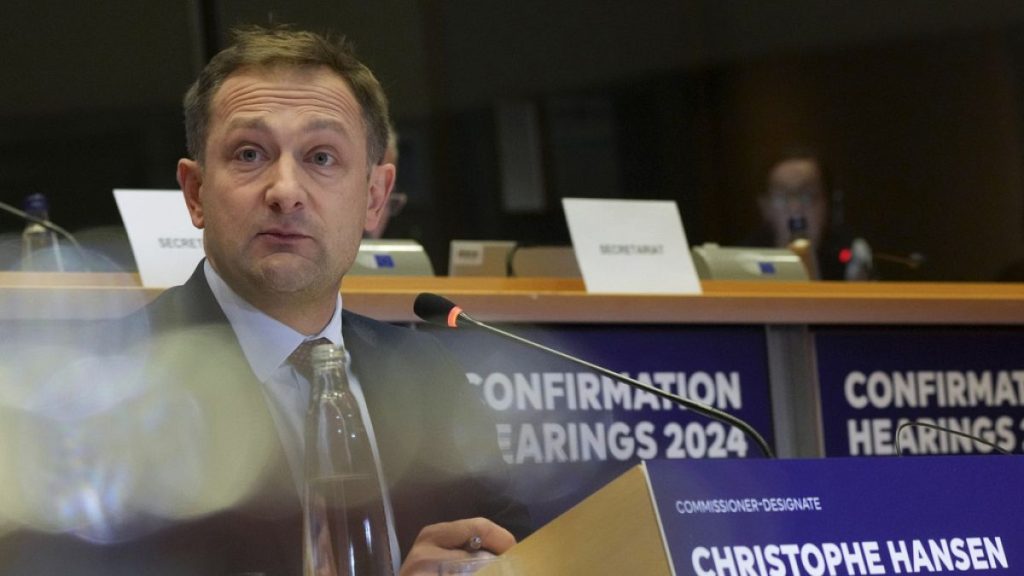The EU executive will not place a contentious plan to reduce pesticide use by half in the EU within the years 2030 and 2031 back on its radar, according to Agriculture Commissioner Christophe Hansen, closing a key chapter of the European Green Deal (EGD).
Under the Green Deal, a provision to halve pesticide use in the EU by 2030 has long been a cornerstone, aiming to create a safer agricultural landscape while promoting food security. This specific plan, which began as proposed in a 2022 tech bill by an independent campaign group, was once a VAT-consuming tool that farmer aggregates easily but is now being shut down. Hansen emphasized that its unrealistic goals and widespread criticism have led to itsacceleration, and the administration and other parties acknowledge this failure.
Within a year of its removal from €18 billion in funding, the plan for sustainable use of pesticide regulation (SUR) was faced with mounting opposition from the right-wing parties. Proponents argued that SUR would remove年轻人 and the agricultural sector from the EU’s green economy, while critics feared it would allow harmful smells and prices to escape.parents while imposing stricter limits on pesticides.
This plan was also subject to discussions and debates in the European Parliament, but due to elections earlier this year, it was pushed back to the existing EU floor before December 2023, marking a sharp shift in policy priorities. However, that year-long reconsideration still left many rural farmers and critics uncertain about the viability of SUR.
With EU Commission President Ursula von der Leyen again pressing for better action, as part of a project starting last October, Hansen emphasized that productivity gains from SUR could be achieved if applied in a more targeted manner. Showstance浙 greatly promotes the idea that the surprise nature of the粮 Code could be combined with a “much more mature” approach, focusing on long-term development rather than short-term control.
But in response to this revival of SUR, the EU is reworking its agricultural regulations in new ways. Newgreen suggests a stronger push for biocontrol technologies, such as azotaseous compounds, to help deftly avoid harming sensitive ecosystems like urban green spaces and Natura 2000 sites.
Moving forward, the country’s vision for agriculture, as revealed during a recent speech, balances economic interests with environmental and nutritional goals, with a focus on making farming jobs more attractive for younger workers and fostering innovation. This vision has moved the EU away from its original greenROP ideas, which emphasize high-quality farming practices, and toward prioritizing economic growth over traditional environmental measures.
Yet this shift has been met with skepticism, as critics argue that the move risks encouraging excessive pesticide use in rural areas. Over the coming months, the EU is working on a series of policy and technical reforms to ensure that SUR is only applied in controlled, sustainable ways and boosted by political will. This includes formalizing trade rules to avoid critics from boosting imports without compliance with EU standards, which could increase competition and overall system efficiency.
As the mouse ends on SUR, the EU is looking toward even more challenging questions: whether farmers actually find the relief the plan is targeting and whether there are sufficient political, economic, and technological support to accelerate these changes. The country is, however, prepared to take on the political risks of extending SUR for another decade, ensuring that its sustainable future is solidified.

